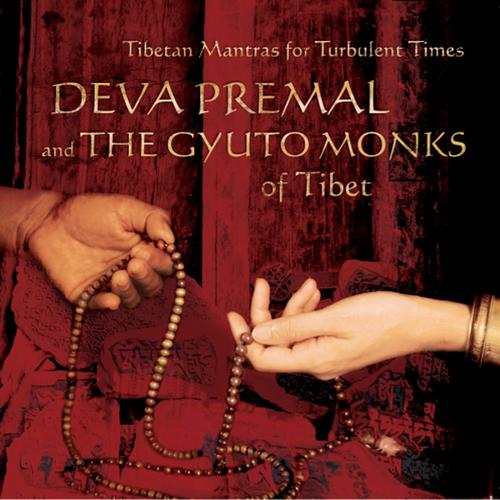Om Deva Deva: A Deep Dive into Its Meaning and Significance
Have you ever come across the term “Om Deva Deva” and wondered what it means? This intriguing phrase holds a special place in Hinduism and Buddhism, and its significance extends beyond mere words. In this article, we will explore the meaning of Om Deva Deva from various dimensions, including its origins, interpretations, and cultural relevance.
Origins of Om Deva Deva
The term “Om Deva Deva” is a combination of three words: “Om,” “Deva,” and “Deva.” Let’s delve into the meanings of each word to understand the phrase better.

“Om” is a sacred sound in Hinduism and Buddhism, representing the ultimate reality or the divine. It is often chanted as a mantra to invoke the presence of the divine and to achieve spiritual enlightenment.
“Deva” is a Sanskrit word that translates to “god” or “deity.” In Hinduism, devas are celestial beings who reside in the heavenly realm and assist the gods in their tasks.
When combined, “Om Deva Deva” can be interpreted as “Om, divine beings.” This phrase is often used to invoke the presence of divine beings or to express reverence for them.
Interpretations of Om Deva Deva
Om Deva Deva has several interpretations, depending on the context in which it is used. Here are some of the common interpretations:

1. Invocation of Divine Beings: Om Deva Deva is often chanted as a mantra to invoke the presence of divine beings. It is believed that by chanting this mantra, one can receive their blessings and guidance.
2. Expression of Devotion: The phrase can also be used as an expression of devotion and reverence for divine beings. It is a way of acknowledging their power and grace.
3. Spiritual Practice: In certain spiritual practices, Om Deva Deva is used as a tool for meditation and self-realization. It helps in focusing the mind and connecting with the divine.
Cultural Relevance of Om Deva Deva
Om Deva Deva holds significant cultural relevance in Hinduism and Buddhism. Here are a few aspects of its cultural significance:
1. Rituals and Ceremonies: The phrase is often used in rituals and ceremonies, especially those involving invocation of divine beings. It is considered a powerful tool for invoking their presence and receiving their blessings.
2. Art and Architecture: Om Deva Deva is depicted in various forms of art and architecture, such as temple sculptures and paintings. It serves as a reminder of the divine presence and the importance of spiritual practices.
3. Music and Dance: The phrase is sometimes incorporated into music and dance performances, especially those with a spiritual theme. It adds a sense of divinity and reverence to the performance.
Table: Om Deva Deva in Different Cultures
| Culture | Significance | Usage |
|---|---|---|
| Hinduism | Invocation of divine beings, expression of devotion | Mantras, rituals, ceremonies |
| Buddhism | Connection with the divine, spiritual practice | Meditation, mantras, chants |
| Indigenous Cultures | Connection with nature, spiritual guidance | Chants, rituals, ceremonies |
Conclusion
Om Deva Deva is a powerful phrase with deep spiritual and cultural significance. Its origins, interpretations, and cultural relevance make it an intriguing subject to explore. Whether you are a follower of Hinduism, Buddhism, or simply interested in spirituality, understanding the meaning of Om Deva Deva can provide valuable insights into the divine and its role in our lives.



